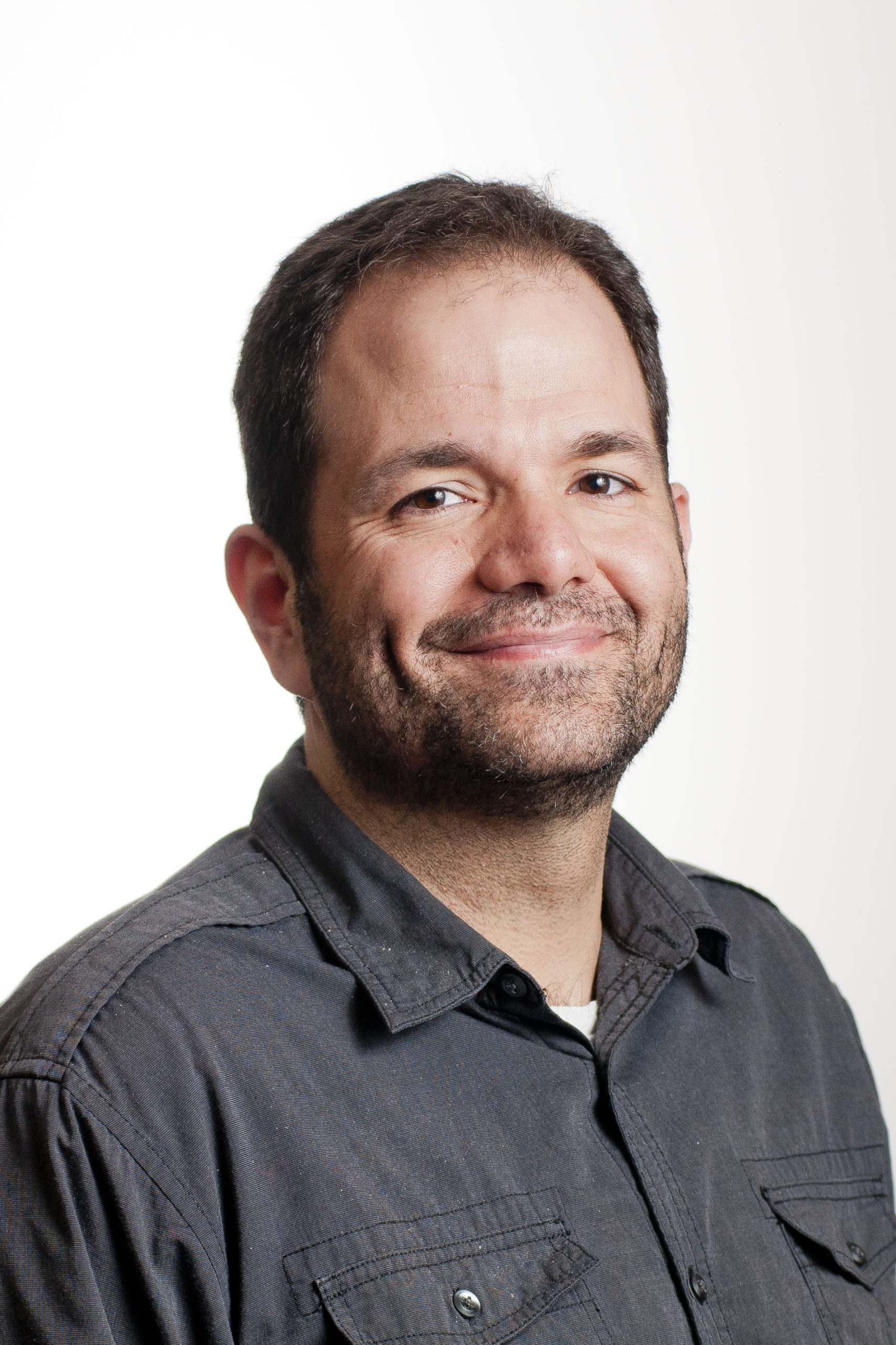 Jason Boone is coordinating minster for the Peace and Justice Support Network, a ministry of Mennonite Mission Network.
Jason Boone is coordinating minster for the Peace and Justice Support Network, a ministry of Mennonite Mission Network.
I’m not exceedingly handy around the house, but I do have an awesome collection of tools. I inherited them from my grandfather, who was very handy. Honestly, there are a few tools that I have no idea what they are called or what they would be used for. Sometimes I think I should throw them out or give them away. But I keep them because of the sentimental value and because one day maybe I’ll learn enough to know what they are for and how to use them.
I believe we as Mennonites are in a similar situation with our peace witness.
We’ve got an awesome collection of knowledge, tactics and expertise in peacemaking, yet we’ve also inherited some things we might not know how to use. I’m thinking especially about nonresistance.
Nonresistance is definitely in our history and in our toolbox. From the Confession of Faith:
Led by the Holy Spirit, we follow Christ in the way of peace, doing justice, bringing reconciliation, and practicing nonresistance even in the face of violence and warfare.
Do we talk about peace? Check. Justice? Check. Reconciliation? Check. Nonresistance? Not so much.
Actually we are in a time when many peacemakers identify with the #resistance. I would describe the #resistance as a movement committed to resisting any unjust policies and actions that come from the current presidential administration.
This is good! This is one way of working for justice, and when combined with a commitment to nonviolence, can be a faithful expression of our faith. A lot of Mennonites are involved in some type of this resistance.
Is this a sign that our peace witness undergoing a permanent shift? Perhaps. As I look at my bookshelf, I see a copy of From Nonresistance to Justice: The Transformation of Mennonite Church Peace Rhetoric by Ervin Stutzman. He may need to expand the book and change the title to From Nonresistance to Justice to Resistance.
We haven’t known what to do with nonresistance for a while. In some ways it was left behind with the idea of being the quiet in the land. At times, we still look to nonresistance in the face of interpersonal violence, but it’s not a core concept that shapes us as it once did. Engaged pacifism, active nonviolence, or confrontational nonviolence are the modern expressions of our faith that appear more prepared for the task of meeting the structural injustices and movements of our time.
I support these new expressions but think it’s a loss for us to consign nonresistance to our history’s back pages. I believe there is much for us to gain from a renewed consideration of nonresistance.
(Before I go further, let me save you the trouble of sending me an angry email! I’m not advocating for ignoring injustice. I’m advocating for the exact opposite. But if the internet has taught me anything, it’s that some people will disregard what you actually write in favor of the opportunity to get mad.)
I’m part of the great, weird subculture of Mennonites who do martial arts. I’ve studied different disciplines over the years, the most recent being judo. Judo especially emphasizes the idea of not resisting your opponent.
You adjust and adapt to their power, turn their own force against them.
It works. Judo means “the gentle way” but can be physically brutal. When you’re first learning, the biggest challenge isn’t learning the techniques, it’s learning to overcome your own tendency to attempt overpower your opponent. Eventually you get thrown enough that the lesson starts to sink onto your bones.
I believe nonresistance is a principle we can still apply as we follow Jesus into the world and work for peace and justice. It won’t be a magic wand that solves all the problems in the world. But a fresh look at nonresistance could open new ways for us to faithfully live out our beliefs.
I don’t know exactly what those ways might be. I just see this tool of nonresistance in our toolbox. It’s worn from use and clearly has some application. That I can’t grasp it now doesn’t say as much about the tool as it does about me. I want to learn to use it.

